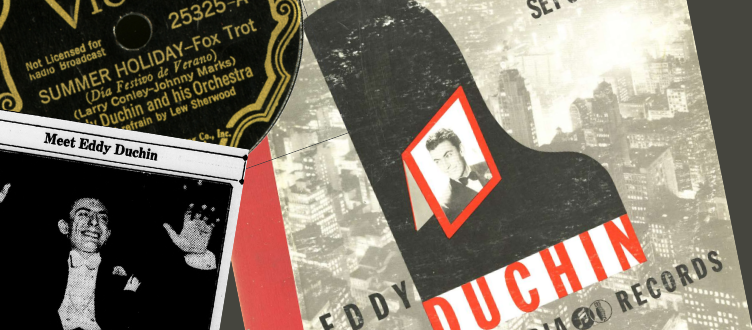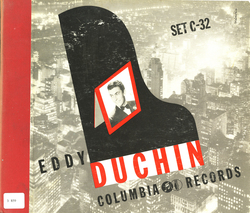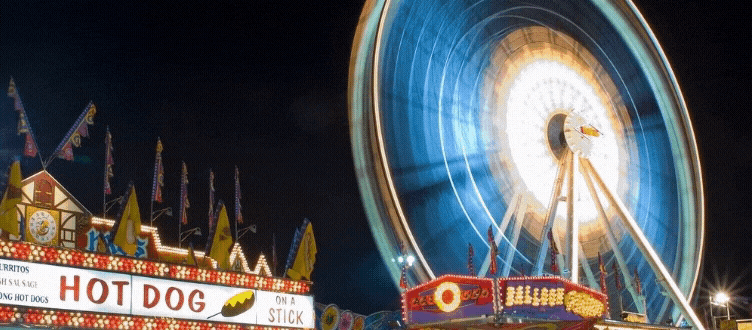Category: Collections
Join Ben Roth-Aroni as he shares some new and old tunes on his player piano
Do you think player pianos are a thing of the past? Join Ben Roth-Aroni as he shares some new and old tunes on his player piano at home during National Piano month!
RSA Staff’s Favorite Eddy Duchin Songs!

Here at the Recorded Sound Archives, we listen to A LOT of music, while digitizing and scanning recordings for research.
With the library being closed, we’ve had to get a little creative in how our department works since we’re so dependent on the physical recordings. So we’ve been working hard behind the scenes doing quality control on recordings and meta data since we haven’t been recording as much these days.
How Did Eddy Duchin Become Reisman Orchestra’s Leader by 1932?

Eddy Duchin never pretended to be a great musician.
One of the members of Eddy Duchin’s orchestra once said “…Many people didn’t listen to him as much as they looked at him, he was the only musician I’ve ever known who could play a thirty-two-bar solo with thirty-two mistakes and get an ovation afterwards…“

